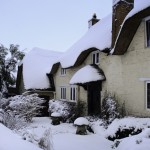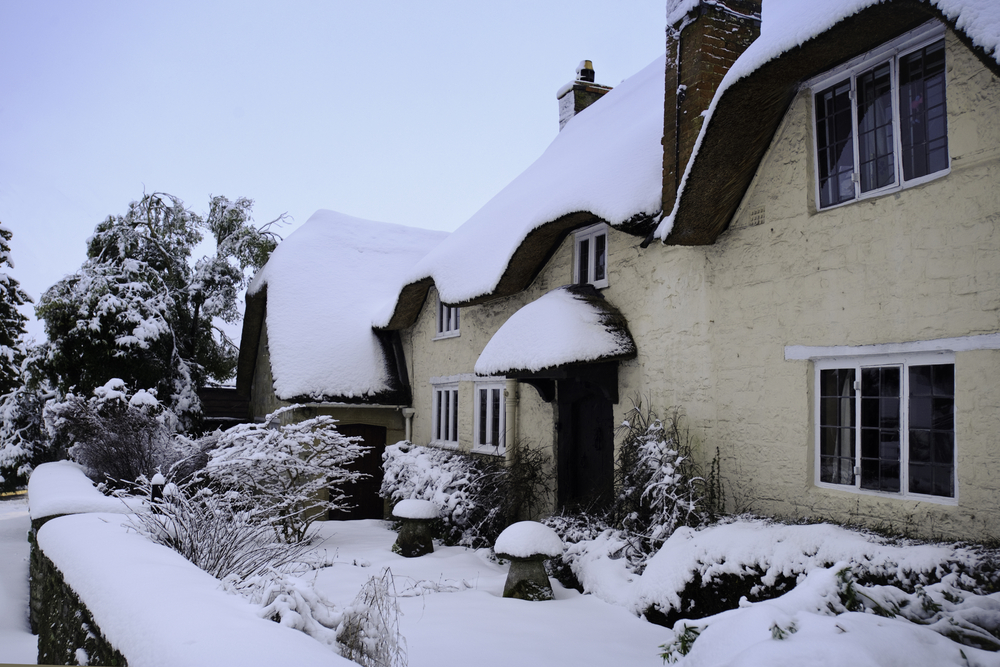With the UK currently in the midst of a cold snap, experts are predicting it will be the coldest winter in four years. Temperatures are set to plummet by -15C and the Met Office has warned people to be aware of snow and freezing conditions. Yellow warnings for ice have been issued in Scotland, Northern Ireland, […]
 With the UK currently in the midst of a cold snap, experts are predicting it will be the coldest winter in four years.
With the UK currently in the midst of a cold snap, experts are predicting it will be the coldest winter in four years.
Temperatures are set to plummet by -15C and the Met Office has warned people to be aware of snow and freezing conditions.
Yellow warnings for ice have been issued in Scotland, Northern Ireland, North Wales and North West England and health chiefs have urged the elderly to keep their homes warm and get a flu jab.
From burst pipes to the central heating breaking down, freezing temperatures can result in a number of domestic emergencies which can be costly to repair.
In the winter there are more insurance claims than any other time of year, so what can you do to protect your home?
“Prevention is always better than cure,” said Simon Stanney, director of insurance at SunLife.
“And although there is nothing we can do about the winter weather, there are steps we can take to make sure our homes are more resistant to it.”
Here are Sunlife’s top tips for winter ready homes
Use your phone
If you are away, think about putting your heating on a timer or using a thermostat control that you can use remotely from your phone. Then, if you’re away and there’s a sudden cold snap, you can turn the heating on to prevent your pipes from freezing.
Find your stopcock
Make sure you know where your stopcock is (the valve that turns the cold water system in your home on and off). If anything happens to your water supply such as a burst pipe, this is where it can be turned off to stop the house from flooding. It is usually under the sink in the kitchen. If you don’t know, ask a neighbour – they will generally be in the same place in other houses in the same road – or seek professional advice from a plumber.
Check your roof
Make sure you check your roof regularly to ensure there are no missing tiles or tiles that have slipped or worn. You may be able to check from your loft for any broken, dislodged or missing roof tiles. If you have a chimney, make sure it is clean and check the lead flashings (where the chimney meets the roof) to ensure it is properly sealed. Check upstairs rooms for any damp as this could be a sign of a leaking roof.
Insulate your pipes
One of the most common winter problems is burst pipes – reduce the risk of pipes freezing or bursting by ensuring all your water pipes and any water tanks are well insulated. Ideally a foam layer around your pipes. Also, ensure you fix any dripping taps because a small trickle of water, particularly from an outdoor tap, can freeze and completely block the pipe.
It also helps to have the heating on regularly each day. Letting your home get too cold and then suddenly putting the heating on is not good for your home. Pipes may thaw too quickly after freezing which can cause them to burst, it can also cause damp on ceilings and walls through condensation.
Keep your gutters and drains clear
In the winter, gutters and drains can get full leaves and other debris; make sure you clear them regularly to avoid blockages and minimise the risk of water damage. Also make sure there are all aligned and the bottom of the pipe is facing away from your property to avoid water running down your house.
Check your boiler
You don’t want to be left with no heating or hot water over the winter period and if yours breaks, a new one can be very costly. Get your boiler serviced as soon as possible to minimise the risk.
Cut back trees
In high winds, the most common claims are for damage done by fallen fences and trees so make sure you repair any unsafe fences or walls and cut back any trees that are close to the house. If you think they pose a real danger, it may be worth considering arranging for their professional removal.
Check your home insurance policy
Make sure you know what your home insurance covers and if that includes weather related damage. Then ensure you have contact details for your insurer if the worst happens and you need to claim – most have 24-hour emergency helplines.














